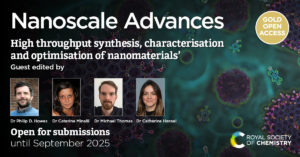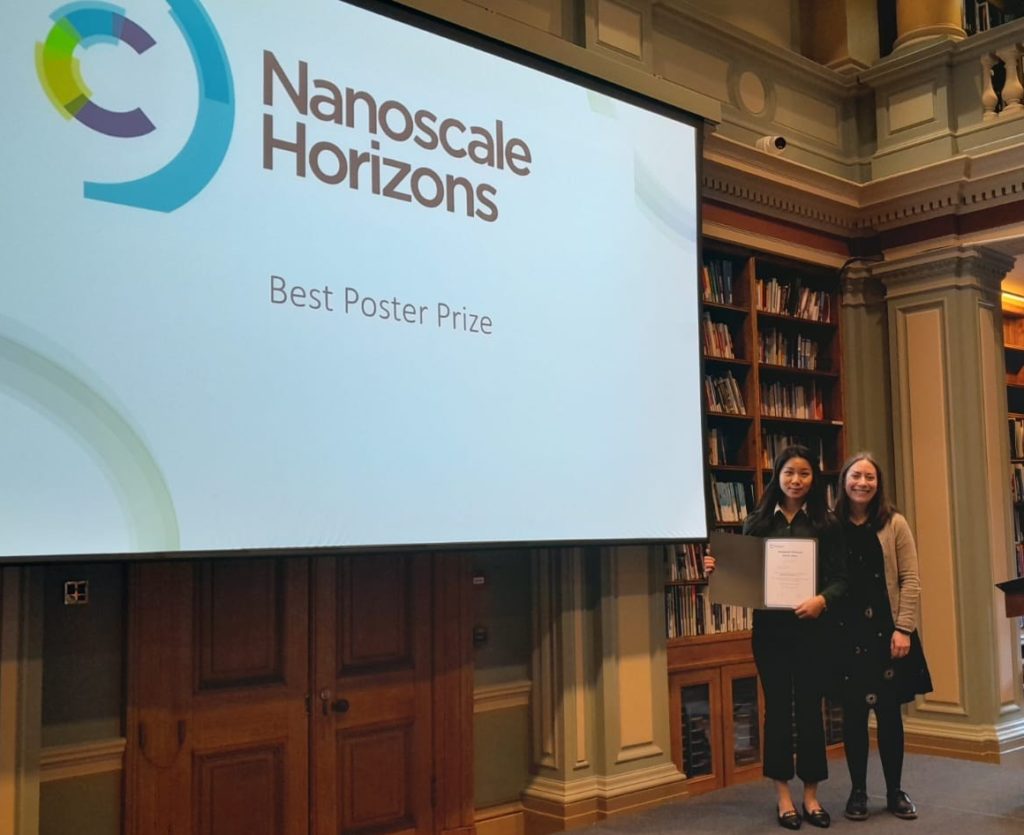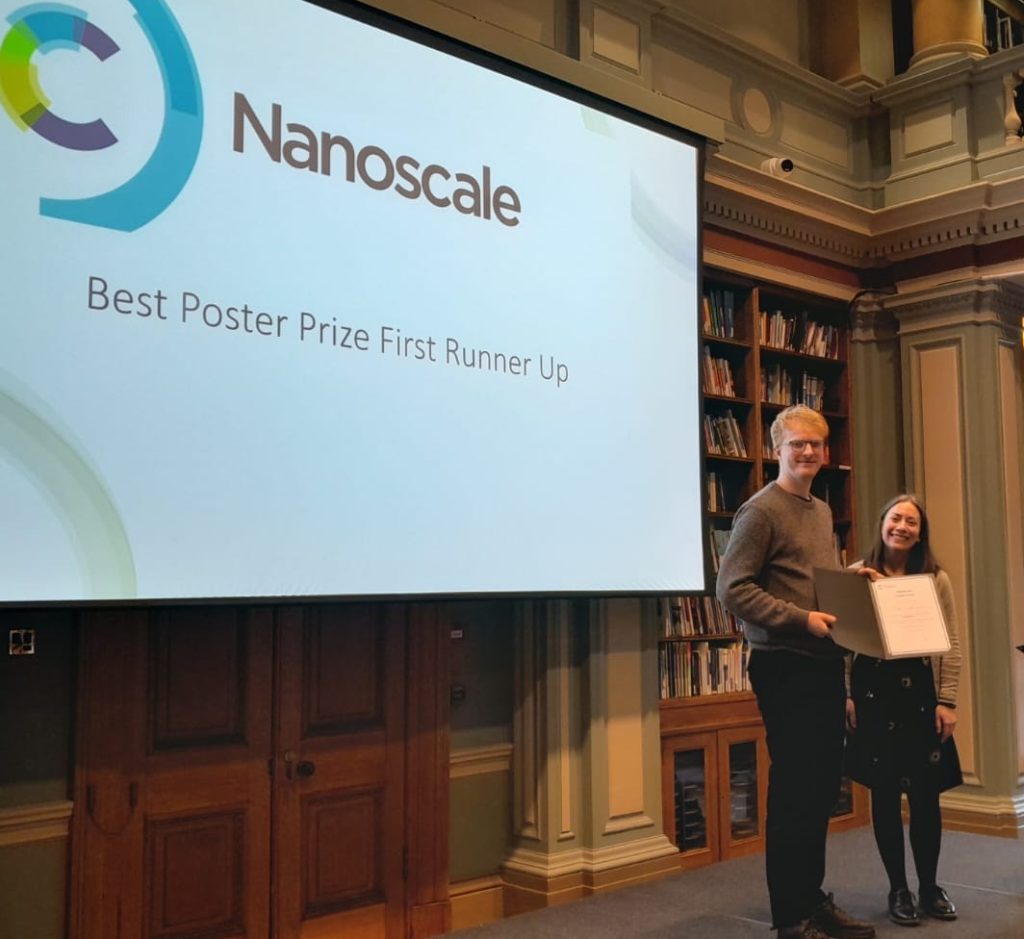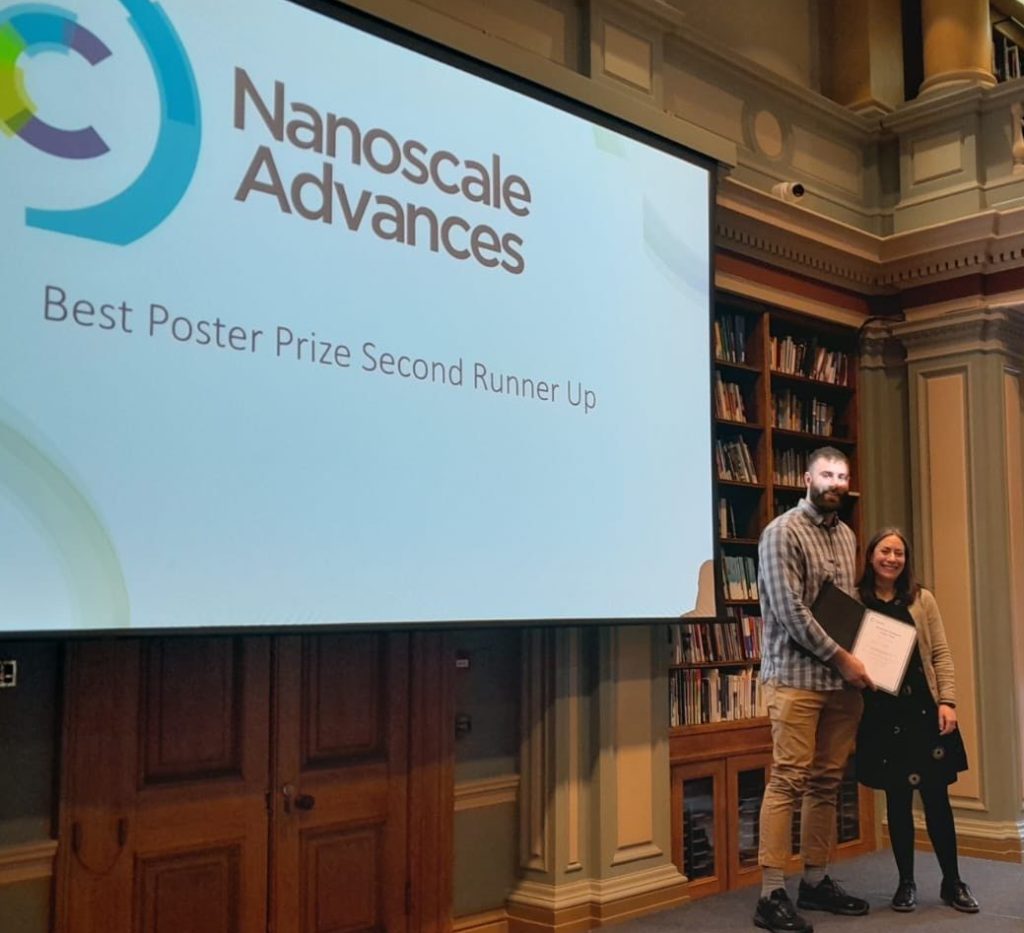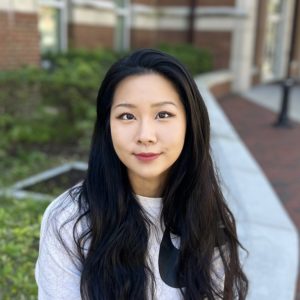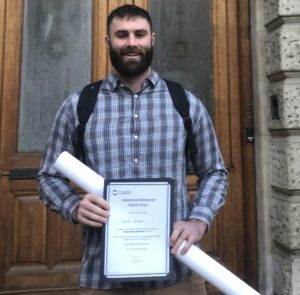Read this new collection for free in Nanoscale Advances!
Nanoscale Advances is pleased to announce this brand new themed collection:
Nanomaterials for catalysis and sensing applications.
With an Editorial by:
Dr Thanh-Danh Nguyen (Vietnam Academy of Science and Technology, Vietnam)
Professor Dinh Quang Khieu (Hue University, Vietnam)
Dr Nguyen Hoang Tuan (Jeonbuk National University, Republic of Korea)
Professor Mita Dasog (Dalhousie University, Canada)
‘Nanomaterials have revolutionized numerous fields, including biology, environmental science, agriculture, and healthcare. In catalysis, they offer enhanced selectivity, recyclability, and efficiency, while their unique properties have driven advances in sensing technologies for environmental monitoring and biomedical diagnostics. This themed collection highlights recent breakthroughs in these domains, demonstrating how nanomaterials bridge the gap between fundamental research and practical applications.’
Introduction to nanomaterials in catalysis and sensing applications
Thanh-Danh Nguyen, Dinh Quang Khieu, Nguyen Hoang Tuan and Mita Dasog
Nanoscale Adv., 2025,7, 3601-3602. DOI: 10.1039/D5NA90028J
Check out the full collection here:
Alternatively you can read from a selection of articles included in this themed collection below:
|
Samuel K. Conlin, Joseph Joel Muhanga, David N. Parette and Robert H. Coridan. Nanoscale Adv., 2025,7, 876-885. DOI: 10.1039/D4NA00854E |
 |
| Engineering Au single-atom sites embedded in TiO2 nanostructures for boosting photocatalytic methane oxidation
Qui Thanh Hoai Ta and Ly Tan Nhiem. Nanoscale Adv., 2025,7, 1543-1551. DOI: 10.1039/D4NA00947A |
|
| Recent progress in the synthesis of nanostructured Ti3C2Tx MXene for energy storage and wastewater treatment: a review
Qui Thanh Hoai Ta, Jianbin Mao, Ngo Thi Chau, Ngoc Hoi Nguyen, Dieu Linh Tran, Thi My Huyen Nguyen, Manh Hoang Tran, Hoang Van Quy, Soonmin Seo and Dai Hai Nguyen. Nanoscale Adv., 2025, Advance Article. DOI: 10.1039/D5NA00021A |
 |
|
Saddam Weheabby, Ziyuan Liu, Igor A. Pašti, Vladimir Rajić, Marcio Vidotti and Olfa Kanoun. Nanoscale Adv., 2025,7, 2195-2208. DOI: 10.1039/D4NA00919C |
|
Did you know?
At Nanoscale Advances, our themed collections are built by collaboration between our Guest Editors and expert Associate Editors. Our Guest Editors guide the scope and curate the contributions in our collections, but all submissions are handled through peer review by our team of resident Associate Editors. This means that as an author you receive a consistent experience, and as a reader you can trust the quality of the science being presented.
If you have an idea for a topical collection in your research field, we’d love to hear from you! Get in touch here.

















